
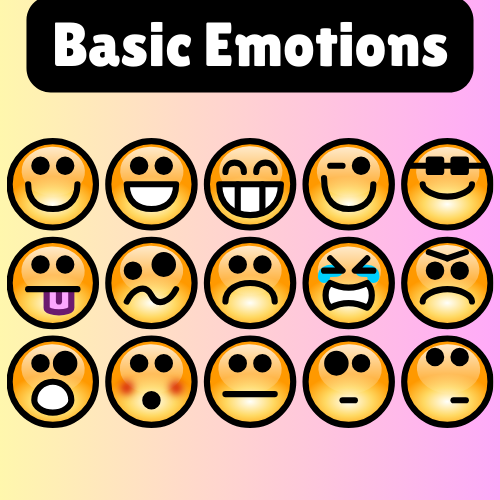
Welcome to our beginner English lesson on basic emotions! Understanding emotions is crucial for effective communication and expressing oneself in various situations. In this lesson, you will learn about basic emotions in English. Let's explore English learning together!
Introduction to Basic Emotions:
In this lesson, you will learn about basic emotions in English. Mastering emotional vocabulary is essential for expressing yourself accurately and understanding others in conversations.
Common Emotions:
Happy: Feeling joy or contentment. Example: She is happy to see her friends.
Sad: Feeling sorrow or unhappiness. Example: He feels sad when he misses his family.
Angry: Feeling strong displeasure or annoyance. Example: They are angry about the situation.
Surprised: Feeling sudden astonishment or disbelief. Example: She was surprised by the unexpected news.
Excited: Feeling enthusiastic or eager anticipation. Example: He is excited about the upcoming trip.
Afraid: Feeling fear or apprehension. Example: They are afraid of the dark.
Confused: Feeling puzzled or uncertain. Example: She looks confused by the complex instructions.
Proud: Feeling satisfaction or pleasure in one's achievements. Example: He feels proud of his son's success.
Embarrassed: Feeling self-conscious or uncomfortable. Example: She felt embarrassed by her mistake.
Relaxed: Feeling calm or at ease. Example: They are relaxed after a long day at work.
Exercises and Activities:
Practice Emotion Vocabulary:
Describe how you feel using different emotions.
Role-play scenarios to express various emotions.
Welcome to our beginner English lesson on basic emotions! Understanding emotions is crucial for effective communication and expressing oneself in various situations.
In this lesson, you will learn about basic emotions in English.
Let's explore English learning together! Introduction to Basic Emotions: In this lesson, you will learn about basic emotions in English.
Mastering emotional vocabulary is essential for expressing yourself accurately and understanding others in conversations.
Common Emotions: Happy: Feeling joy or contentment.
Example: She is happy to see her friends.
Sad: Feeling sorrow or unhappiness.
Example: He feels sad when he misses his family.
Angry: Feeling strong displeasure or annoyance.
Example: They are angry about the situation.
Surprised: Feeling sudden astonishment or disbelief.
Example: She was surprised by the unexpected news.
Excited: Feeling enthusiastic or eager anticipation.
Example: He is excited about the upcoming trip.
Afraid: Feeling fear or apprehension.
Example: They are afraid of the dark.
Confused: Feeling puzzled or uncertain.
Example: She looks confused by the complex instructions.
Proud: Feeling satisfaction or pleasure in one's achievements.
Example: He feels proud of his son's success.
Embarrassed: Feeling self-conscious or uncomfortable.
Example: She felt embarrassed by her mistake.
Relaxed: Feeling calm or at ease.
Example: They are relaxed after a long day at work.
Exercises and Activities: Practice Emotion Vocabulary: Describe how you feel using different emotions.
Role-play scenarios to express various emotions.
|
|

HappyHappy |

I am happyI am happy |
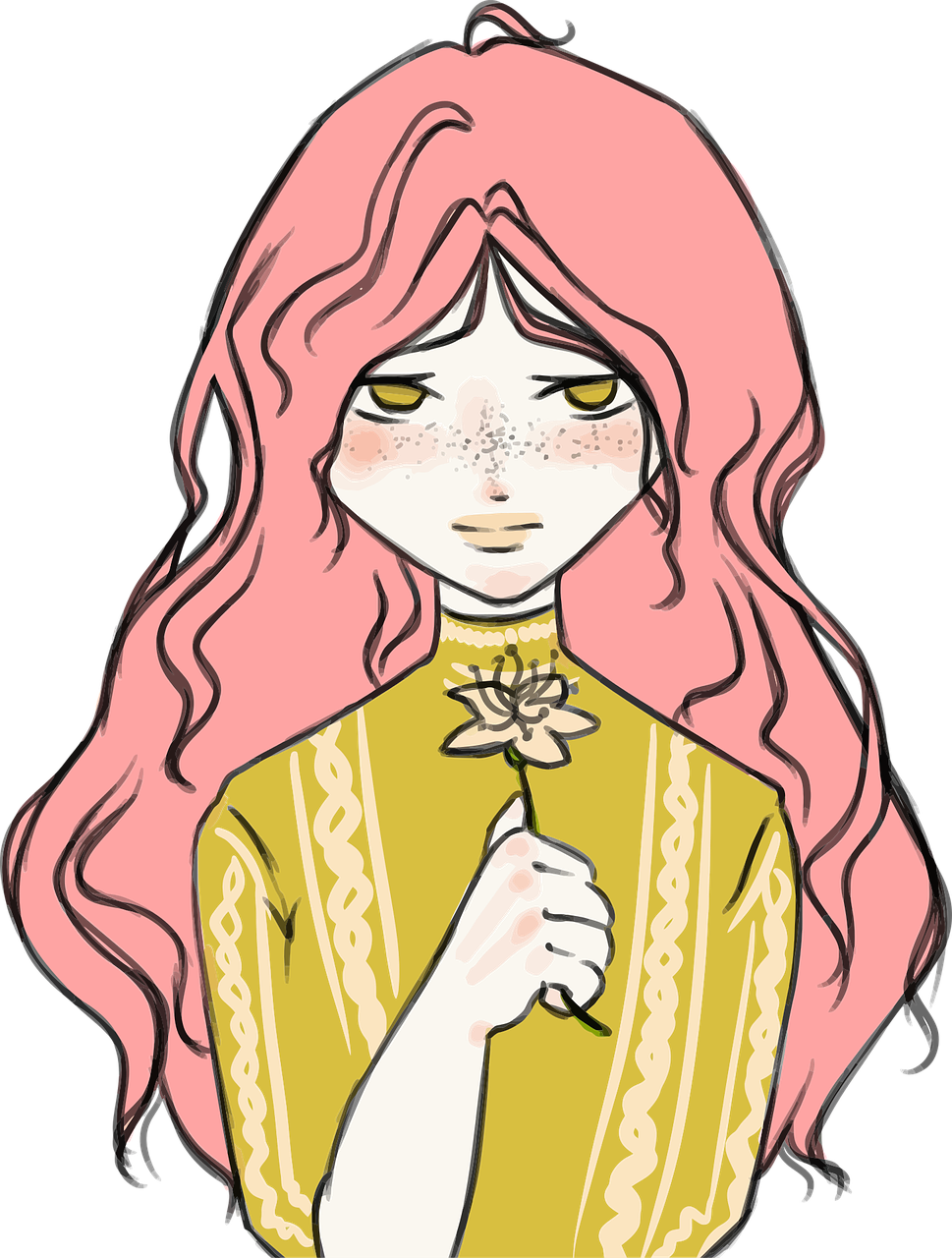
SadSad |

She feels sadShe feels sad |

AngryAngry |

He looks angryHe looks angry |

ExcitedExcited |
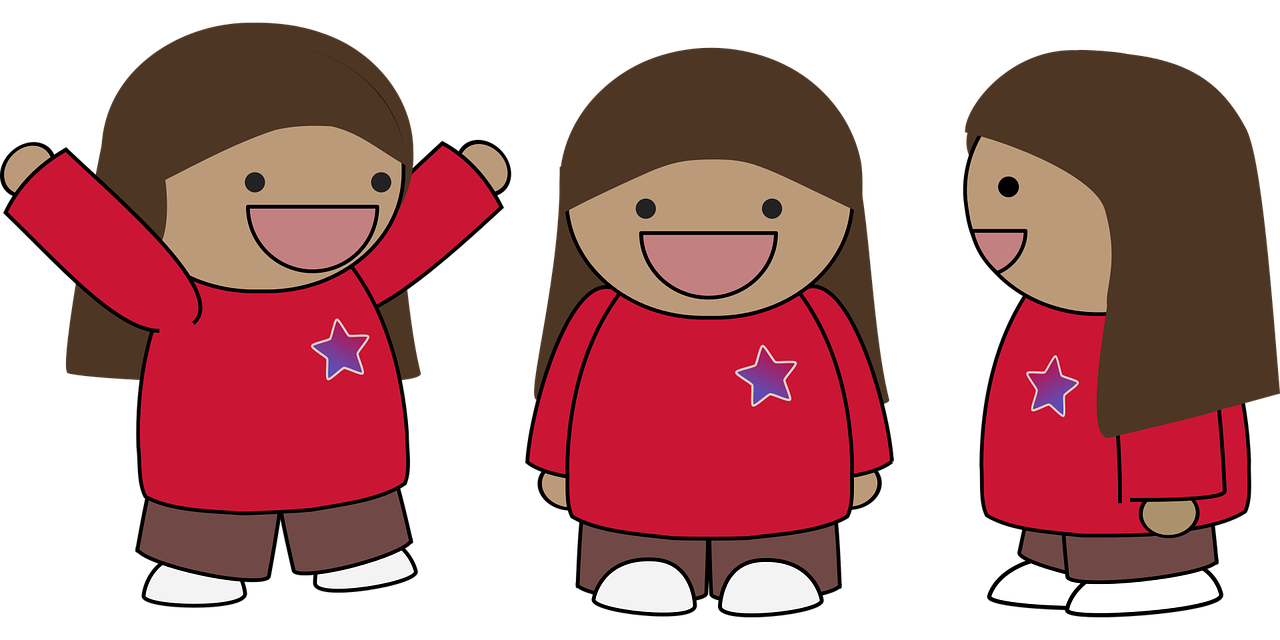
They are excitedThey are excited |

ScaredScared |

The child is scaredThe child is scared |

SurprisedSurprised |

She seems surprisedShe seems surprised |
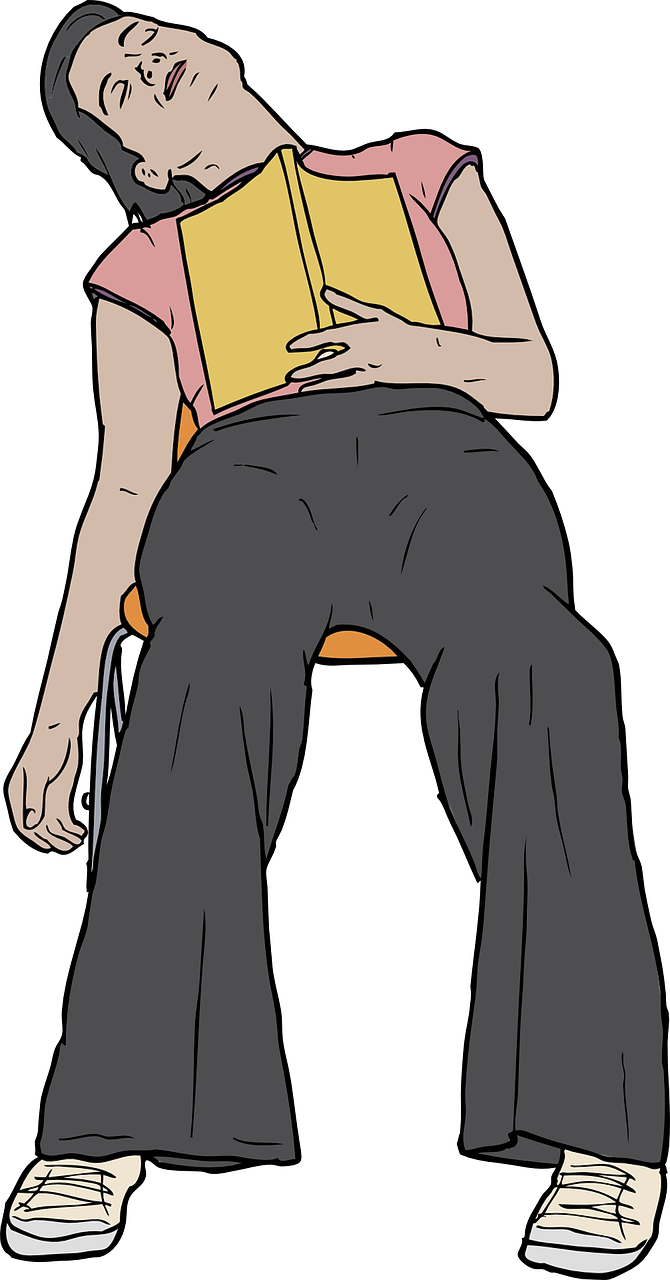
TiredTired |
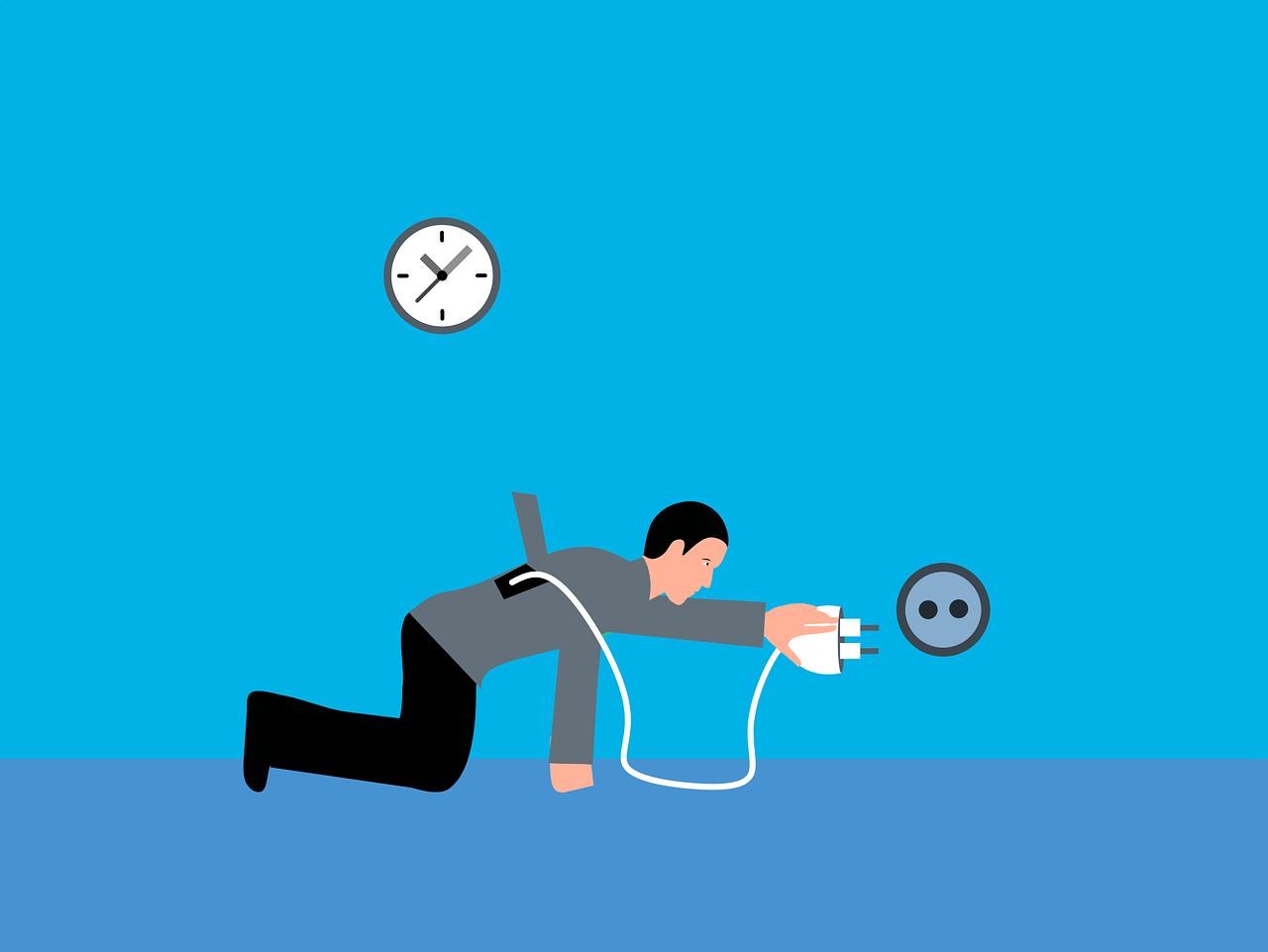
He feels tiredHe feels tired |

HungryHungry |

They are hungryThey are hungry |

CalmCalm |

He appears calmHe appears calm |
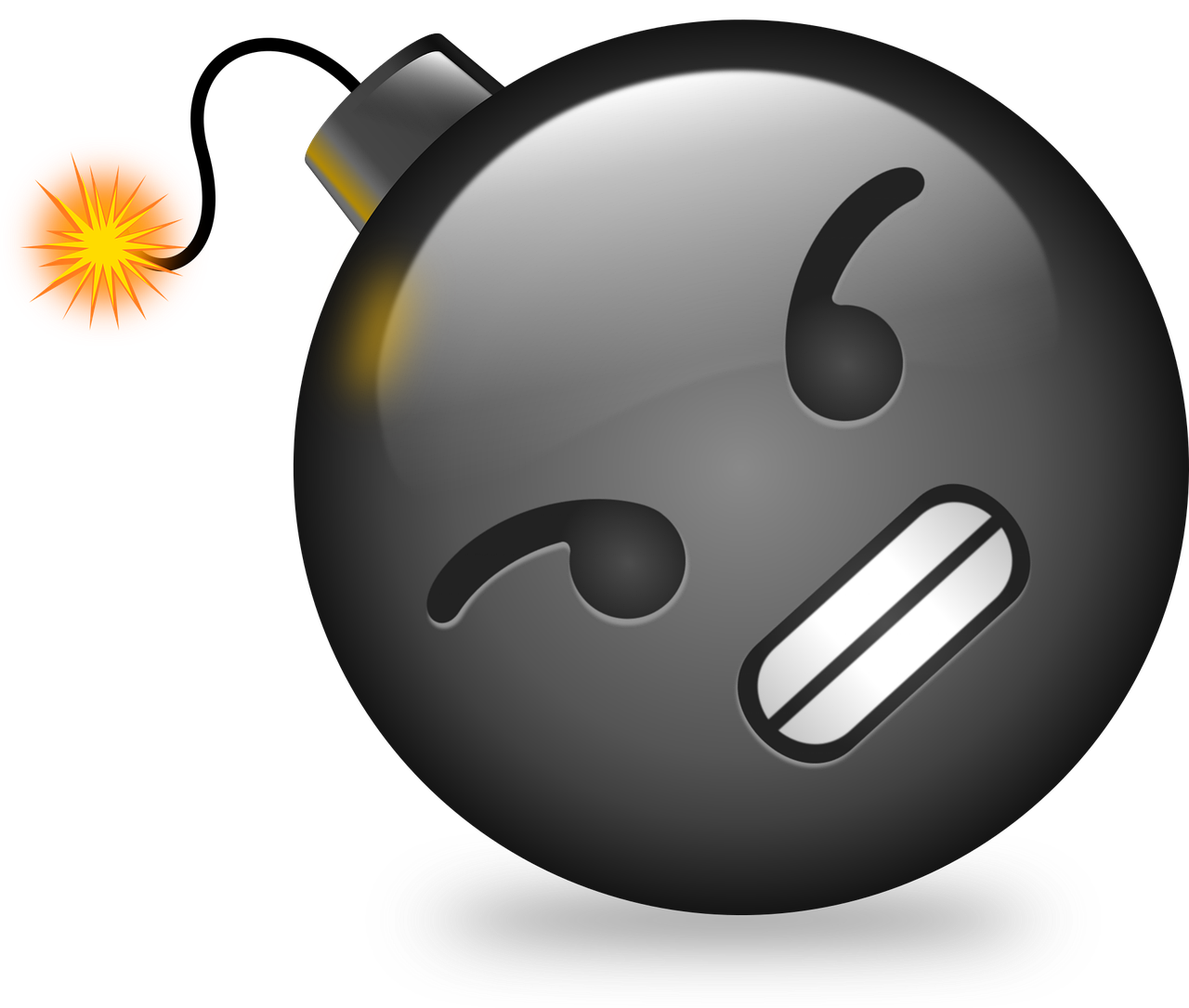
NervousNervous |
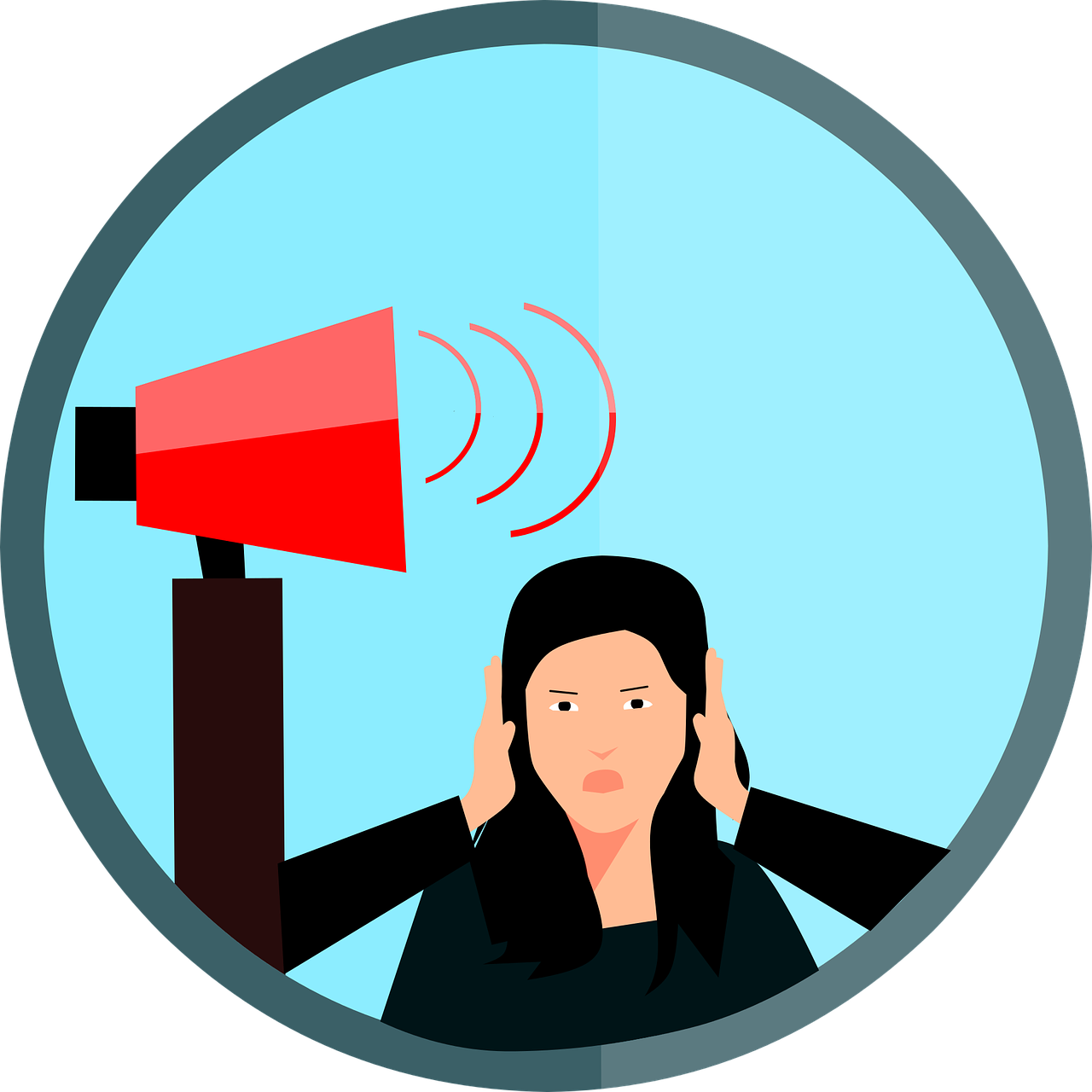
She seems nervousShe seems nervous |

BoredBored |

They look boredThey look bored |
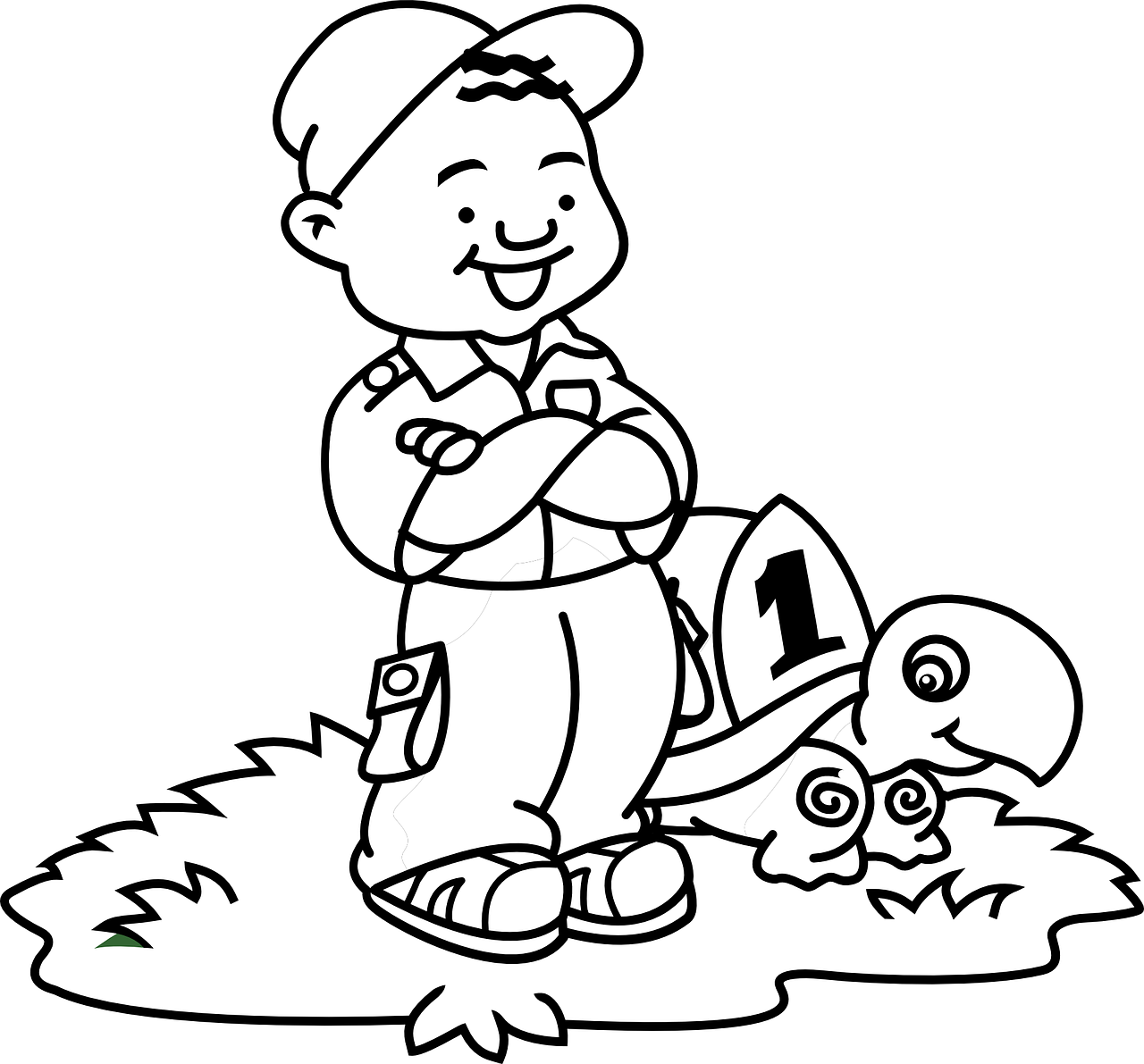
ProudProud |

I feel proudI feel proud |

ConfusedConfused |

She looks confused.She looks confused. |
Q&A Section: Question: What emotion do you feel when something makes you laugh?
Answer: Happy.
Question: How do you feel when you lose something important?
Answer: Sad.
Question: What emotion do you experience when someone annoys you?
Answer: Angry.
Question: How do you react when something unexpected happens?
Answer: Surprised.
Question: What emotion do you feel when you anticipate something enjoyable?
Answer: Excited.
Fantastic! You have now learned about basic emotions in English.
Practice using these words in your daily interactions to express yourself more effectively and understand others better.